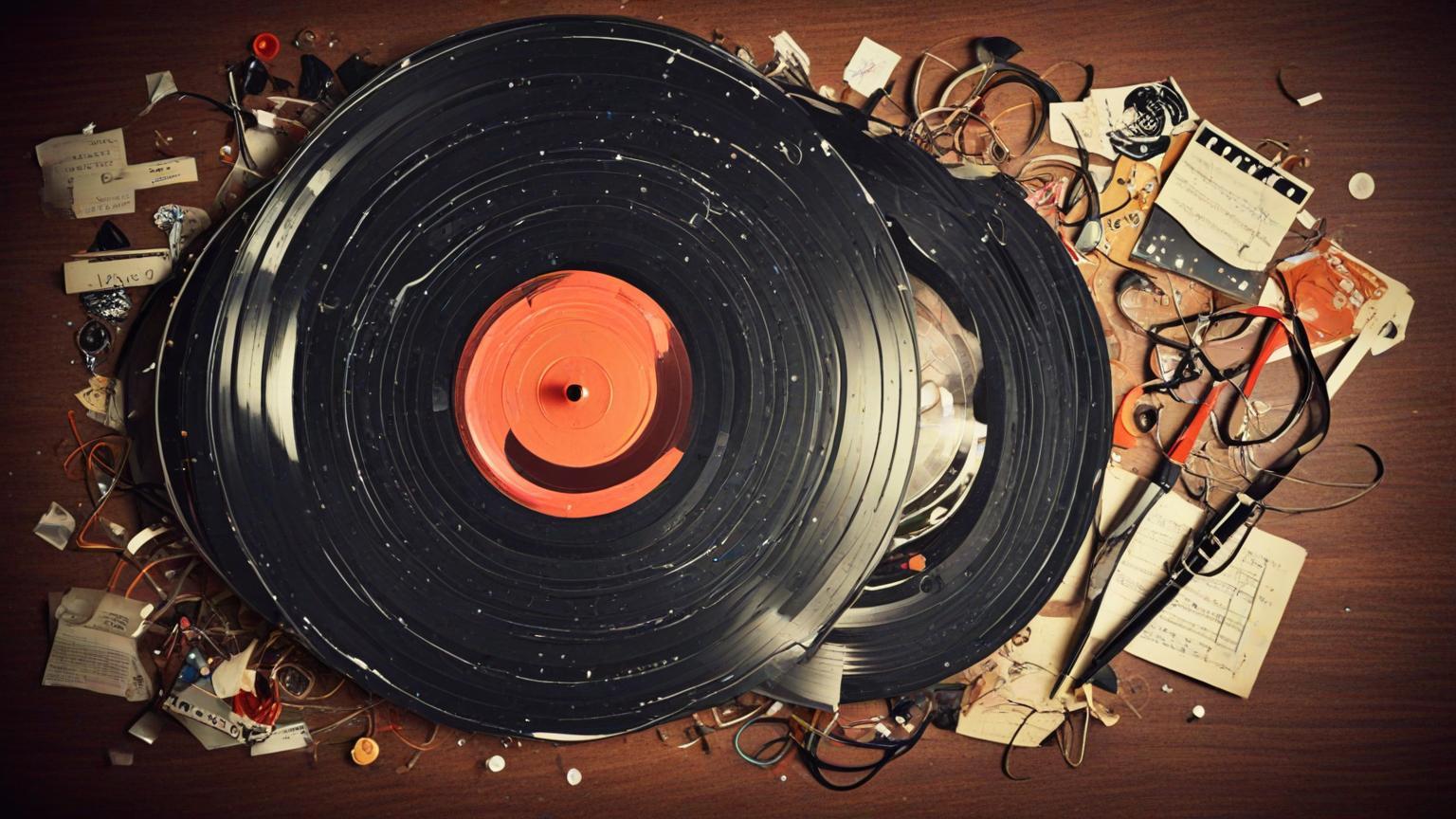In an era where music genres are constantly evolving, hyperpop has emerged as a unique blend of digital elements, redefining conventional music boundaries. Originating from the depths of internet subcultures, hyperpop is an eclectic mix of upbeat pop melodies, distorted beats, and digital glitches. Artists like 100 gecs, Charli XCX, and SOPHIE have been at the forefront of this genre, pushing the limits of what pop music can be.
Hyperpop challenges the very essence of traditional pop culture by embracing chaos and harmony in equal measure. This genre has attracted a dedicated fanbase who revel in its unpredictable sound, often described as a kaleidoscope of sonic textures. The essence of hyperpop lies in its commitment to experimentation, where auto-tune is wielded not as a corrective tool but as an instrument in its own right.
One striking feature of hyperpop is its DIY ethos. Many of the genre's pioneers started in their bedrooms, armed with nothing but a laptop and a penchant for creating sounds that defy norms. This grassroots approach to music production has democratized the industry, allowing fresh voices to emerge and perform alongside mainstream acts. The allure of hyperpop also lies in its ability to blend influences; the genre effortlessly combines elements from emo, trap, Eurodance, and bubblegum pop, creating a pastiche of sounds that is as erratic as it is exhilarating.
While hyperpop's sonic characteristics are often highlighted, its cultural implications are equally significant. This genre has proven to be a safe haven for LGBTQ+ communities, offering an inclusive space where identity and expression are celebrated. Many artists within the hyperpop scene use their platforms to challenge societal norms, promoting messages of acceptance and self-expression.
Another key aspect of hyperpop is its relationship with technology. Artists frequently use digital platforms like TikTok and Soundcloud to distribute their music, bypassing traditional industry gatekeepers. This digital-first approach has not only allowed for a more direct connection between creators and fans but has also facilitated the rapid spread of the genre across global digital landscapes.
Although some critics may view hyperpop as fleeting or superficial, others argue that it represents a broader shift in music consumption and production. The genre's embrace of hyper-digital aesthetics mirrors the ways in which digital technology has permeated every facet of modern life. As screen time increases and digital platforms become our primary modes of communication, hyperpop reflects and amplifies these realities through its chaotic sound.
In conclusion, hyperpop is more than just a digital genre; it is a cultural phenomenon that captures the zeitgeist of a digitally interconnected world. It challenges listeners to redefine their understanding of pop music while providing a platform for marginalized voices to be heard. As hyperpop continues to evolve, it will undoubtedly influence the direction of contemporary music, challenging artists and audiences alike to rethink the possibilities of sound in a digital age.
The rise of hyperpop: how a digital genre is changing the soundscape

